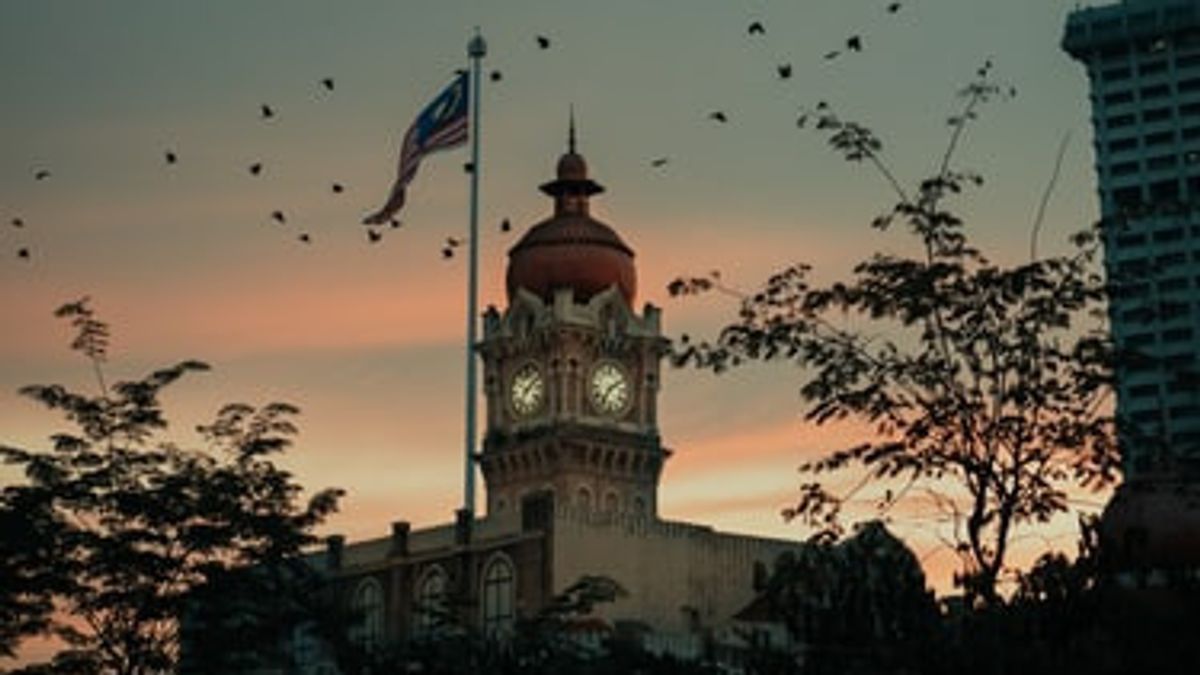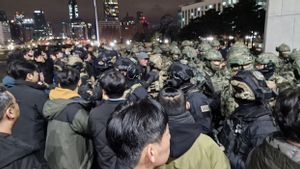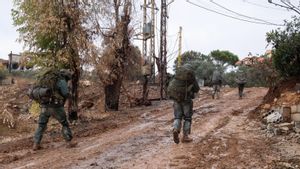JAKARTA - Malaysian authorities are trying to trace around two thousand Rohingya who attended the Tablig Akbar at Kuala Lumpur's Sri Petaling Mosque from February 28 to March 1. Tablig Akbar, which was attended by around 16,000 people, is said to be the cause of the soaring COVID-19 cases throughout Southeast Asia.
The head of the Refugee Rights Group said "several hundred" ethnic Rohingya were attending the gathering. More than 100,000 ethnic Rohingya are also known to live in Malaysia after fleeing Myanmar.
However, they are considered illegal immigrants because they do not have a residence permit document at all. Their status is likely to make them reluctant to check themselves for a COVID-19 test. In fact, if they show symptoms, they will be reluctant to check.
Thus, Malaysian authorities' search for ethnic Rohingya highlights a challenge for the government trying to trace the virus among communities that live without official documents and fear the authorities. Lilianne Fan responded to this situation.
He said authorities, including the police, the US refugee agency and NGOs were working to identify those who attended the event or those who had been exposed to those present at the tabligh akbar. Although most of the refugee communities have worked together, some are still reluctant to go for tests for fear of being arrested.
“One important and urgent step that must be taken is for the government to publicly declare that all undocumented migrants and refugees need not fear arrest and detention. All migrants who test positive for COVID-19 will be provided with free medical care and will not be arrested in hospital, "Fan said.
Malaysia itself has implemented travel restrictions and banned non-essential activities. The policy starts Wednesday, March 18 for the next two weeks. These regulations were implemented after a spike in cases related to the tablig akbar meeting. One person who attended the meeting died from COVID-19.
The tablig akbar participants also spent most of their time at the mosque for four days, but some went to the restaurant, mall and the twin towers of Petronas in Kuala Lumpur. A 39-year-old Rohingya construction worker, said he spent days at mosque events with about 20 of his friends.
He said none of them showed symptoms. However, he went to the hospital, but was not tested. "Everything is fine, no fever, nothing," he said.
Salman, a Bangladeshi construction worker who lives near the mosque of the tablig akbar gathering, said he and other friends from Bangladesh attended the gathering. Tests showed that he was negative for COVID-19. However, the hospital controls it every day to check for any symptoms of the virus.
UNCHR appeal
More than 670 cases of COVID-19 in Southeast Asia were linked to a tabligh event in Kuala Lumpur. Overall, Malaysia has around 900 cases of COVID-19, the highest in Southeast Asia.
The United Nations Organization for Refugees (UNHCR) has asked the government not to arrest refugees or asylum seekers without documents or with outdated documents. This is because UNHCR is postponing all pick-ups and transfers due to the COVID-19 case that is currently endemic.
UNHCR has also written letters to state leaders urging them to invite all refugees participating in tabligh akbar activities to immediately contact health authorities without fear of arrest.
About four thousand of the 14,500 Malaysians who attended the tablig akbar had not been screened for COVID-19, the Malaysian Authority said. Around 1,500 participants came from various countries including Brunei Darussalam, Cambodia, Singapore, Thailand, Vietnam, Indonesia and the Philippines.
The English, Chinese, Japanese, Arabic, and French versions are automatically generated by the AI. So there may still be inaccuracies in translating, please always see Indonesian as our main language. (system supported by DigitalSiber.id)










